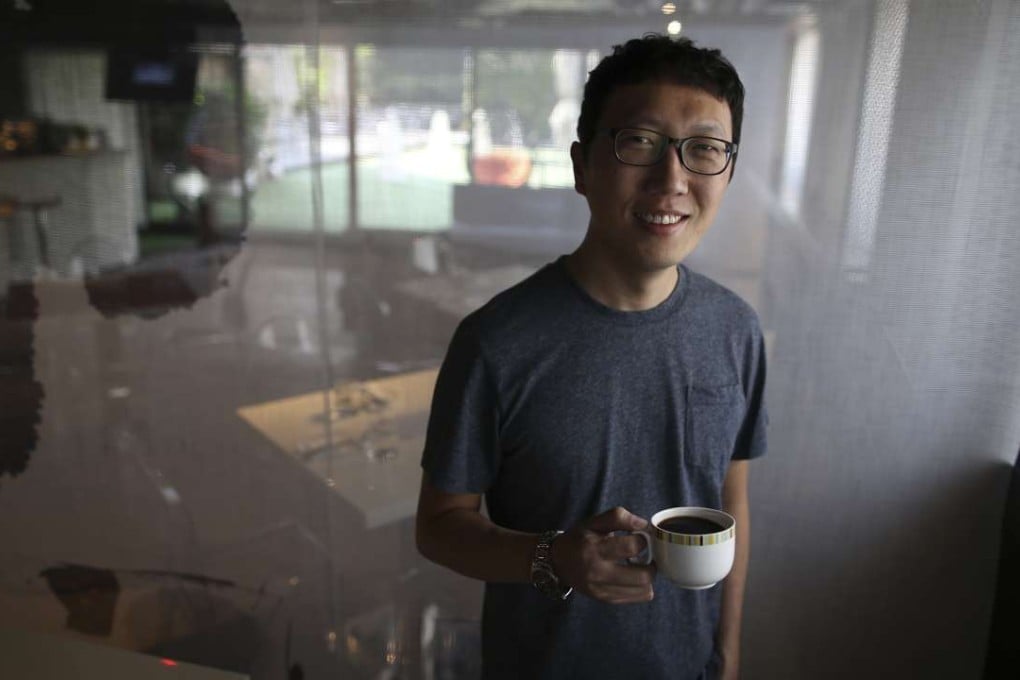How At Cafe 6’s director Neal Wu turned teenage heartbreak into a successful career
Wu went from being just another lovesick student to one of Taiwan’s most successful youth romance writers. Now he’s released his first feature film

When his heart was broken by a girl in his class in his university days, Neal Wu Tzu-yun found himself holed up in an internet cafe, aimlessly playing computer games by himself. Once he realised that the negative emotions were not going away, he turned to distracting himself by reading fiction online. Before long, Wu began writing and posting his own stories on a BBS message board.
It turned out to be one of the best decisions he has ever made.
The native of Kaohsiung, Taiwan, will turn 40 this weekend. While Wu is still looking every bit like the gentle nerd that he likely once was, the industrial engineering and management graduate from the National Chin-Yi University of Technology has also been one of Taiwan’s most popular authors of youth romance in the past decade and a half.
“I had never thought that I was going to write novels – that was simply unimaginable then,” Wu reiterates his career’s accidental start when we meet in a cafe in Hong Kong’s Hung Hom district on a weekday afternoon in late August.
“At first, I was writing online as if I was keeping a diary for myself. I continued to write when I saw that many people had read my stories, and I soon got used to the process. About a year later, a publisher approached me and asked if I wanted to be published – it didn’t sound right. After my second novel, I started to wonder: “Is this for real? Or is this all a big lie?’ It was not [my goal] to be a novelist.”
Wu, also known by his internet nickname “Hiyawu”, is no longer just a novelist. The Taiwanese author was recently in town to promote At Cafe 6, a feature film that was adapted by Wu from his eponymous 2007 novel.
